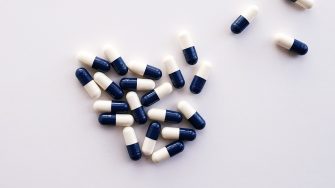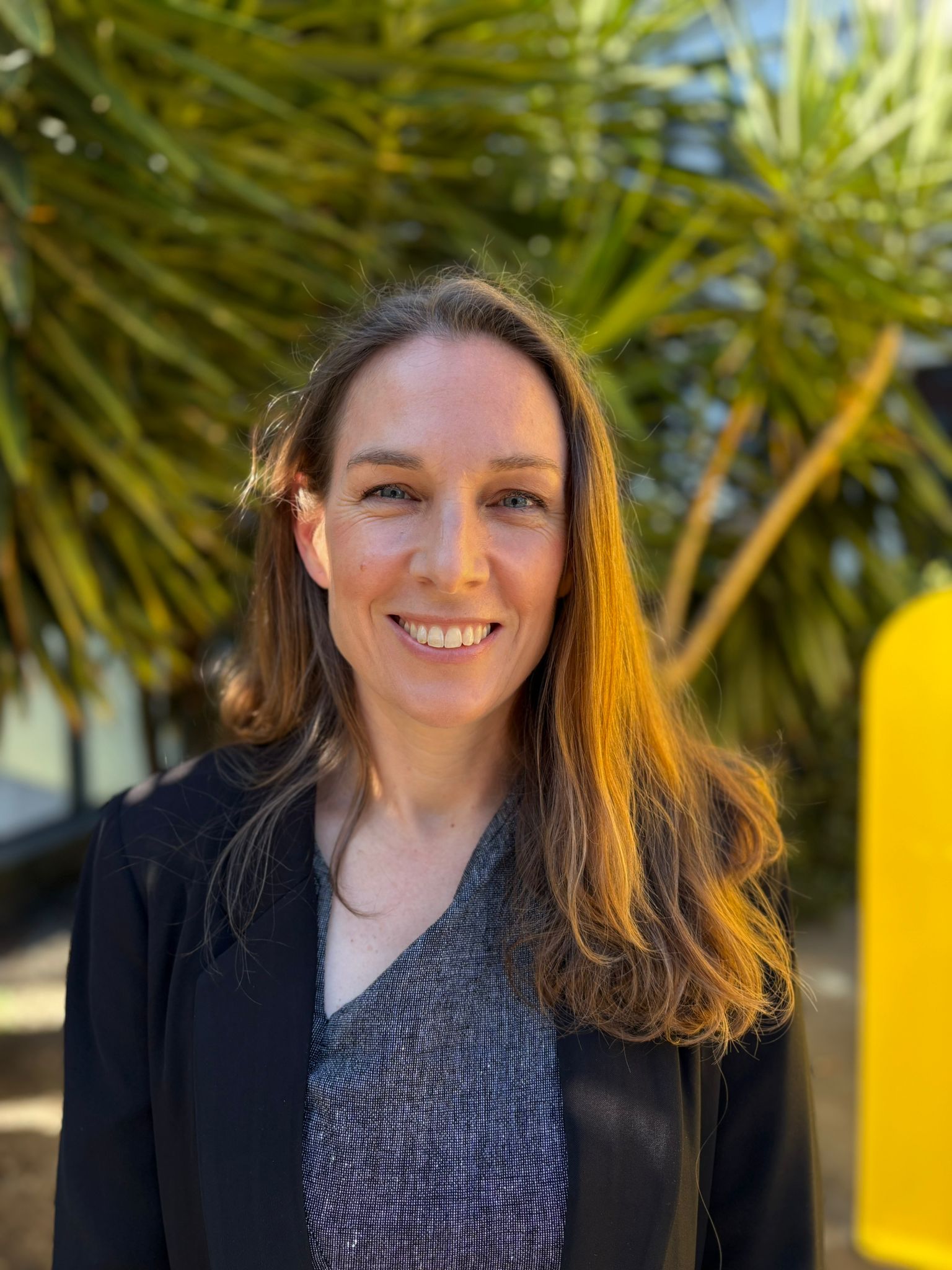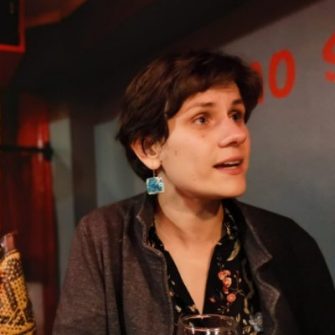
The Clinical Pharmacology and Toxicology Department (CPT) based at St Vincent's Healthcare Clinical Campus was established by Professor Denis Wade in 1970.
The CPT Department focuses on promoting the safe and effective use of medicines at St Vincent’s Hospital and in the community.
Our goals
Research is a large part of who we are and what we do. Our ultimate goal is safe and effective therapy for patients.
We provide leadership in clinical pharmacology, toxicology, therapeutics and Quality Use of Medicines locally, nationally and internationally through our research, teaching and training, advisory roles and collaborations.
Research strengths
Our research strengths are built around our clinical activities and collaborations and include:
- Inpatient service for the management and assessment of overdoses and poisoning.
- Psychiatric Alcohol and Non-Prescription Drug Assessment Unit (PANDA).
- Consulting on therapeutic challenges: treatment failure, adverse reactions, drug interactions.
- Research and teaching on Quality Use of Medicines.
- Research on effective use of electronic medication management and decision support tools.
- Therapeutic Drug Monitoring.
- Laboratory measurement of medicines and metabolites.
- Sophisticated dose prediction software: development, use and evaluation.
- Clinical trials involving medicines.
- Laboratory measurement of medicines, metabolites.
-
Background
- The way we use medicines has a systemic, social and cultural context.
- Understanding how medicines are used and monitored in clinical workflow allows us to gain insight into implementation barriers, and facilitators of best practices.
- We can use this information to adapt and design clinical interventions to optimise the use of medicines and improve outcomes.
- A combination of qualitative (including interviews, focus groups, observational studies) and quantitative (including audits, surveys, analysis of health-system data) methods helps us to evaluate clinical services, providing meaningful outcomes that ensure continuous improvement and sustained uptake.
Available projects:
- Using national and state health, medication and administrative data sets to test hypotheses regarding medication usage and outcomes trends.
- Evaluating routine medication use data to identify priority areas for medication management in people from vulnerable populations.
- Interviews with healthcare professionals, patients and other stakeholders to capture understanding, experiences and perceptions of interventions
- Using medical records and interviews to generate process maps to visualise workflow and care experience.
-
Background:
- The way we use medicines has a systemic, social and cultural context.
- Understanding how medicines are used and monitored in clinical workflow allows us to gain insight into barriers, and facilitators of best practices.
- We can use this information to adapt and design clinical interventions to optimise the use of medicines and improve outcomes
- A combination of qualitative (including interviews, focus groups, observational studies) and quantitative (including audits, surveys, analysis of health-system data) methods helps us to evaluate clinical services, providing meaningful outcomes that ensure continuous improvement and sustained uptake.
Available projects:
- Using national and state health, medication and administrative data sets to test hypotheses regarding medication usage and outcomes trends.
- Evaluating routine medication use data to identify priority areas for medication management in people from vulnerable populations.
- Interviews with healthcare professionals, patients and other stakeholders to capture understanding, experiences and perceptions of interventions
- Using medical records and interviews to generate process maps to visualise workflow and care experience
-
Background:
- Illicit drug use can be associated with significant toxicity.
- Little is known about the extent and range of drug use at music festivals.
- The incidence of GHB overdose and dependence is increasing.
- Patterns of morbidity related to opioid overdose are largely unknown.
- The understanding of accelerated ageing in the context of illicit drug use is evolving.
Example projects:
- Wastewater analysis for illicit drugs at night time music venues.
- GHB overdose management and prevention.
- Management of GHB dependence.
- Understanding morbidity and outcomes of non-fatal opioid overdose.
- Frailty assessment in people who use alcohol or other drugs.
-
Background:
- There is increasing interest in psychedelic psychotherapy for a range of conditions.
- Little is known about the prevalence and patterns of use of psychedelics in Australia.
Example projects:
- Designing/implementing a survey of people who regularly use psychedelics.
- Systematic reviews of psychedelic psychotherapy topics.
- Clinical trials of psychedelic psychotherapy for a range of conditions.
-
Background:
- Gout is the most common form of inflammatory arthritis in men, characterised by extreme pain and swelling caused by elevated uric acid in the blood.
- It is a chronic condition requiring life-long medication and self-management.
- Urate-lowering therapy can lower urate in the blood and prevent gout flares.
- Patients’ understanding is important to use these medicines well, and to ensure regular urate monitoring that enables 'treatment to target’.
Available projects:
- Evaluating the relationship between urate concentrations and patient-reported outcomes.
- Optimising gout treatment in people with kidney disease.
- Evaluation of a Pharmacist-led chronic care delivery model in people with gout.
- Development and evaluation of educational materials for people with gout.
- Use of electronic apps to promote self-management in people with gout.
Our results
We provide leadership in clinical pharmacology, toxicology, therapeutics and quality use of medicines locally, nationally and internationally through our commitment to research, teaching and training, advisory roles and collaborations.
Our experts
Our collaborators
- George Institute of Global Studies
- Sydney Health Innovation Precinct: St Vincent’s Hospital Sydney, the Garvan Institute, and the Victor Chang Cardiac Research Institute
- Australian Institute of Health Innovation, Macquarie University
- Institute of Musculoskeletal Medicine, University of Sydney
- School of Pharmacy, University of Sydney
- Australian and New Zealand Musculoskeletal Studies Clinical Trials Network
- University of New South Wales
Advisory and leadership roles
- Australian Government, Department of Health and Aged Care:
- Pharmaceutical Benefits Advisory Committee.
- Advisory Committee on Medicines, Therapeutic Goods Administration.
- NSW Government, Clinical Excellence Committee:
- Medication Safety Expert Advisory Committee (Chair)
- UNSW Sydney
- Advanced Study and Research Committee
- Australasian Society of Clinical and Experimental Pharmacologists and Toxicologists.
- ASCEPT President-elect
- Clinical Pharmacology Special Interest Group (Chair).
- St Vincent’s Hospital:
- Human Research Ethics Committee (Chair).
- Bioethics Committee
- Drug and Therapeutics Committee (Chair).










